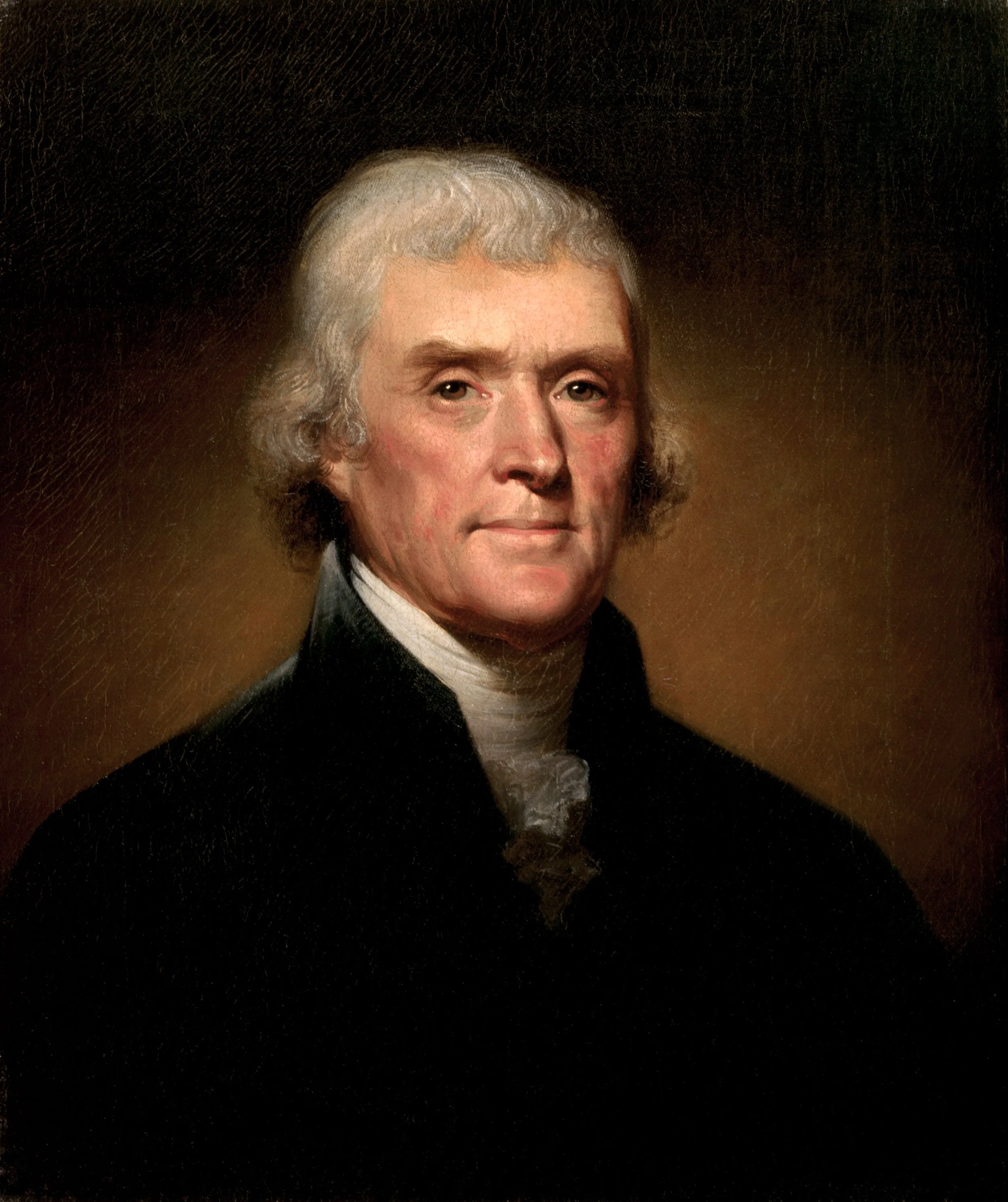“I contemplate with sovereign reverence that act of the whole American people which declared that their legislature should make no law respecting an establishment of religion, or prohibit the free exercise thereof, thus building a wall of separation between church and state.” Thomas Jefferson said that when explaining the Establishment Clause of the First Amendment to a Baptist Church. His statement was rather clear and powerful. The United States was not to be run by a specific religion. As history states, we were fleeing from a country that persecuted others for having differing beliefs. The separation of church and state should not be an issue because, who would want government to be involved with worship and worship involved with government and administration? But, it is an issue. In today’s world, our cultural, social, and religious differences are thrown into a vat to create the “melting-pot” America is, but just has oil and water do not mix no matter how hard you shake the bottle, religion and law are not a perfect mix. Our society often has trouble defining when or in what circumstances does one take precedence over the other.
The perfect case to state my point is Christian Legal Society v. Martinez (2010). In this case a Christian organization wanted to be established as a university recognized group but in order to maintain that status, the organization was required to abide by the university’s nondiscriminatory policies. The CLS organization has strict rules to become a member. One must provide specific written evidence stating that one believes in God, His word, His son, and that Jesus died for our sins, etc. In addition, the CLS bylaws state that they must not allow anyone who engages in shameless homosexual behavior or holds religious convictions different from those in the Statement of Faith. Martinez, a gay student at Hastings College, wanted to be a member of the Hastings CLS chapter. As the bylaws stated, CLS denied him because he was, in fact, a male who liked other males.
Martinez complained to the university due to his rejection that was blatantly discriminatory, and the University denied funding and affiliation for the Christian Legal Society at the Hasting Campus. The CLS immediately sought after legal help because they felt as if their First Amendment rights were being violated because the university was denying them funding due to their beliefs. The supreme court ruled 5-4, that the non-discriminatory clause in the University bylaws was neutral and reasonable, meaning that it applied in general, to everyone, and was fair. Because of this, the First Amendment rights of religious practice were not violated.
Justices Alito, Thomas, Scalia, and Chief Justice Roberts had a differing opinion. Their dissentstated: “Today's decision rests on a very different principle: no freedom for expression that offends prevailing standards of political correctness in our country's institutions of higher learning.”
Ultimately, the majority ruling established a solid directive. Rules that are applied, should be neutral and reasonable. Because the CLS chapter is at a public university, it can continue to practice its bylaws and meet its religious standards but cannot be affiliated with the university. That is not violating a right, that is drawing a line on what is appropriate and acceptable for a large institution filled with individuals from many walks of life.
An example is the CRU organization at Auburn (oh, yeah, I go to Auburn.)
Campus Crusade for Christ is an interdenominational Christian organization. It is allowed to be university affiliated because it includes ALL people, no questions asked.
Another example is the Black Student Union at Auburn University. It was created to represent the interests and concerns of black students on Auburn’s campus and community. Although its main purpose is to highlight black students, the union welcomes all people of all races, cultures, genders, sex, etc.
The bottom line is, to be affiliated with Auburn University, you must be inclusive and non discriminatory. But to practice what you believe, it is your right.
In conclusion, church and state must remain separate or else we will begin to violate other constitutional rights and when other constitutional rights are broken we will lose our structure. Law will no longer have its stability and will always be subject to opinion and belief and that is a recipe for disaster. Thomas Jefferson and his constituents knew the result of mixing faith with law. They suffered the consequences, they fled a country demanding lives due to its intolerance. Our society has been so focused on building a wall, well, let’s make sure the wall between church and state remains in place and strong as ever.
This article was written by Sydney Johnson, one of Reid Law's 2018 summer interns and President of the intern program.

